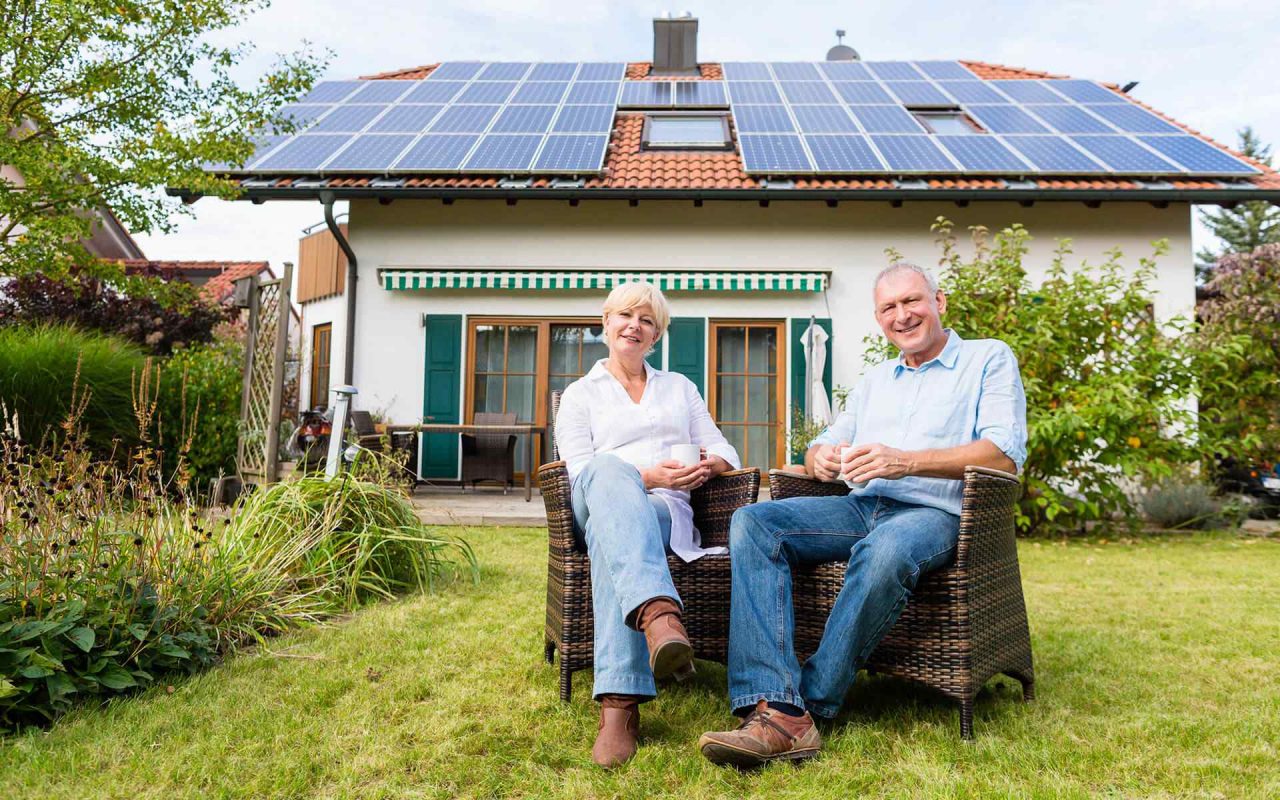How To Buy the Right Solar Panels
Investing in solar panels is a significant decision that can lead to substantial energy savings and a reduced carbon footprint. However, with numerous options available in the market, choosing the right solar panels for your needs can be challenging. Here’s a comprehensive guide to help you make an informed decision when buying solar panels.
1. Assess Your Energy Needs
- Calculate Your Consumption: Start by reviewing your energy bills to determine your average monthly and annual electricity consumption in kilowatt-hours (kWh). This will help you understand the capacity of the solar system you need.
- Future Needs: Consider any potential changes in your energy usage, such as the addition of new appliances, electric vehicles, or changes in household size.
2. Evaluate Your Roof and Site Conditions
- Roof Orientation and Tilt: The orientation and tilt of your roof affect solar panel performance. South-facing roofs with an angle of 30 to 45 degrees typically provide the best results.
- Shading: Identify any potential shading issues caused by trees, buildings, or other obstructions. Even partial shading can significantly impact solar panel efficiency.
- Roof Condition: Ensure your roof is in good condition and can support the weight of the solar panels. It may be wise to address any necessary repairs before installation.
3. Understand Different Types of Solar Panels
- Monocrystalline Panels: Known for their high efficiency and sleek appearance, monocrystalline panels are made from single-crystal silicon. They are ideal for smaller roofs but tend to be more expensive.
- Polycrystalline Panels: These panels are made from multiple silicon crystals and offer a lower efficiency than monocrystalline panels but are more cost-effective.
- Thin-Film Panels: Lightweight and flexible, thin-film panels are less efficient and require more space, but they can be a good option for certain applications, such as commercial buildings with large roof areas.
4. Compare Efficiency and Output
- Efficiency Ratings: Solar panel efficiency refers to the percentage of sunlight that is converted into electricity. Higher efficiency panels generate more electricity in a given space but are usually more expensive.
- Power Output: Measured in watts (W), the power output of a panel indicates the amount of electricity it can produce under standard test conditions. Choose panels with a power output that meets your energy needs.
5. Check Warranties and Certifications
- Product Warranty: This covers the panel itself and typically ranges from 10 to 25 years. A longer warranty indicates confidence in the product’s durability.
- Performance Warranty: This guarantees a certain level of performance over a specified period, often 25 years, ensuring the panel will produce a certain percentage of its rated power.
- Certifications: Look for panels that meet international standards, such as IEC (International Electrotechnical Commission) certification, which ensures quality and safety.
6. Consider Cost and Financing Options
- Initial Cost vs. Long-Term Savings: While higher efficiency panels may have a higher upfront cost, they can offer greater long-term savings due to increased energy production.
- Incentives and Rebates: Investigate available government incentives, tax credits, and rebates that can significantly reduce the overall cost of your solar system.
- Financing Options: Explore different financing options, such as solar loans, leases, or power purchase agreements (PPAs), to find the best fit for your financial situation.
7. Select a Reputable Manufacturer
- Brand Reputation: Choose manufacturers with a proven track record of quality and reliability. Research customer reviews, industry ratings, and expert recommendations.
- Product Range: Opt for manufacturers that offer a wide range of products to ensure you can find panels that meet your specific needs.
8. Choose a Qualified Installer
- Certification and Experience: Select a certified and experienced solar installer to ensure a safe and efficient installation. Check for certifications from recognized bodies such as NABCEP (North American Board of Certified Energy Practitioners).
- Customer Reviews: Read customer reviews and ask for references to gauge the installer’s reputation and quality of service.
- Warranty and Service: Ensure the installer offers a warranty on their workmanship and provides reliable after-sales service.
Conclusion
Buying the right solar panels involves careful consideration of your energy needs, roof and site conditions, panel types, efficiency, warranties, cost, manufacturer reputation, and installer qualifications. By taking the time to research and evaluate these factors, you can make an informed decision that will maximize the benefits of your solar investment, providing you with clean, renewable energy for years to come.


